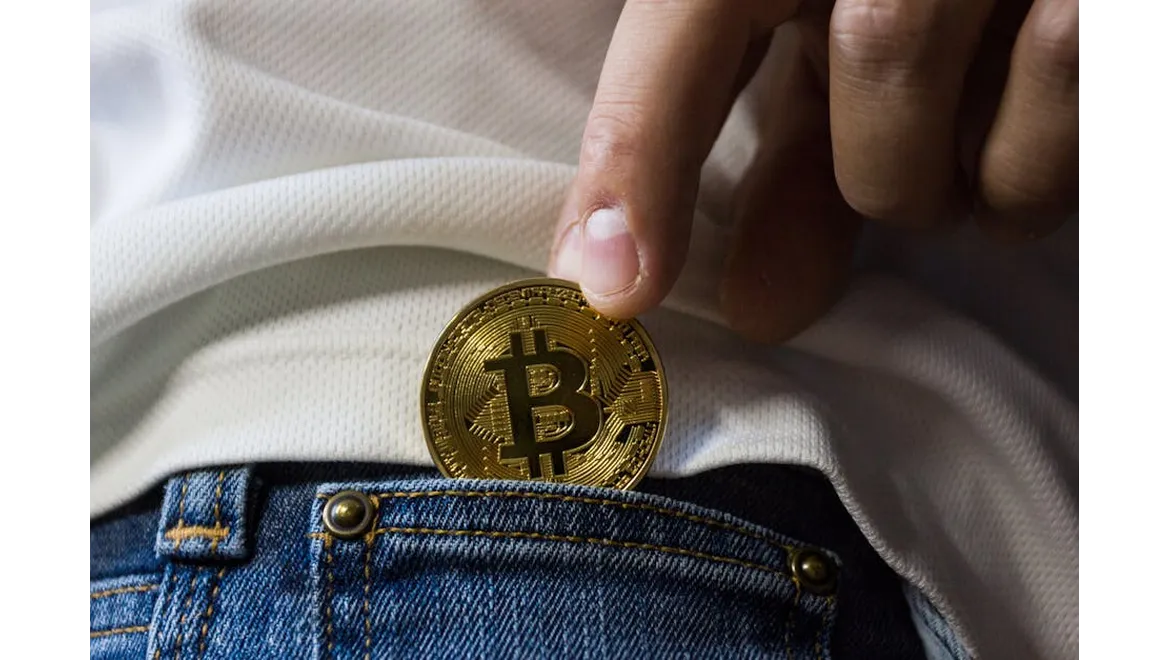So, I grabbed a virtual coffee with Kiera the other day, someone deeply involved in launching new tokens, and we got chatting about something that’s been on my mind a lot: regulatory compliance when using social media influencers. It’s a veritable minefield, right? You want the buzz, the engagement, the viral potential, but one wrong step and you’re staring down the barrel of legal trouble.
I’ve been working on a series of in-depth articles for token founders, aiming to move past the usual ‘influencer marketing 101’ clichés and delve into the real nitty-gritty of building a successful, and crucially, compliant, token launch using social media. Kiera had some war stories, and it really cemented the importance of getting this right.
Understanding the Regulatory Maze
Kiera started off by saying ” It’s like every jurisdiction has its own spin on things. The UK’s FCA, the SEC in the US, even Singapore’s MAS – they’re all watching crypto promotions like hawks.”
She wasn’t wrong, my approach in my articles is to give a broad overview, not legal advice, but its useful to have an idea of the different regulatory bodies so you can dive deeper for the legal advice you need
So, what do these agencies care about? Principally, it boils down to transparency and honesty. They want to ensure that investors aren’t being misled or defrauded by hype. We need to be aware of how these bodies can effect what we are doing so the following is a list of some regulations to be wary of.
- Disclosure Requirements: This is huge. Influencers must clearly disclose when they’re being paid to promote a token. A simple “#ad” or “#sponsored” isn’t always enough. The disclosure needs to be prominent and easily understandable. Burying it in a wall of hashtags at the bottom of a post won’t cut it. The regulators want to know the relationship to make sure the review isn’t bias.
- Anti-Fraud Laws: This is where things get serious. You can’t make false or misleading claims about your token’s potential, its underlying technology, or its team. Even seemingly harmless hype can land you in hot water if it’s not backed by solid evidence.
- Liability: Token founders can be held liable for the actions of their influencers. If an influencer makes a misleading statement, both they and the founder could face penalties.
I think this is really important because founders and influencers may not be working together to defraud, but the influencer still makes claims without the founders consent and then the founder is liable, this can be very costly. This is why you need to fully understand the laws surrounding influencer marketing.
Practical Guidance: Building a Compliant Campaign
So, how do you navigate this complex landscape? In my article, I break it down into a few key steps:
- Due Diligence: Thoroughly vet your influencers. Look beyond follower counts and engagement rates. Do they have a history of promoting questionable projects? Are they transparent about their affiliations? Do your research to make sure the influencer is legit.
- Clear Contracts: Don’t rely on handshake agreements. Have a written contract that clearly outlines the influencer’s responsibilities, including disclosure requirements, acceptable claims, and prohibited activities. Include clauses that protect you in case of regulatory action. You need something to fall back on if things go south.
- Compliance Training: Educate your influencers on the relevant laws and regulations. Provide them with clear guidelines on what they can and cannot say about your token. Consider running compliance workshops or providing them with a legal checklist.
- Content Review: Review all influencer content before it goes live. Make sure it complies with your legal guidelines and doesn’t contain any misleading or unsubstantiated claims. Don’t be afraid to ask for revisions.
- Monitoring and Enforcement: Continuously monitor your influencer campaigns for compliance. If you spot any violations, take immediate action to correct them. This could involve asking the influencer to remove the offending content or terminating your relationship with them. I think this is an area where founders don’t do enough work, and they only find out after a problem occurs.
- Seek Legal Counsel: I cannot stress this enough. Consult with a lawyer who specialises in crypto regulations and influencer marketing. They can provide tailored advice based on your specific circumstances and help you navigate the legal complexities.
Real-World Examples: Learning from Others’ Mistakes
My articles also dive into specific case studies. Regulatory bodies have already taken action against influencers and token founders for misleading or deceptive marketing practices, and by analysing these past regulatory actions we can see mistakes made by others. By understanding the specific violations, the penalties imposed, and the lessons learned, you can avoid making similar mistakes.
Kiera mentioned a recent case where an influencer was promoting a token that claimed to offer guaranteed high returns. It turned out to be a Ponzi scheme, and both the influencer and the token founders faced legal consequences. It highlighted the importance of due diligence and the need to be extremely cautious about making promises that sound too good to be true.
Building Trust, Not Just Hype
Ultimately, successful influencer marketing in the crypto space isn’t just about generating hype. It’s about building trust. By prioritizing compliance and transparency, you can create a campaign that resonates with your audience, attracts genuine investors, and avoids the pitfalls of regulatory scrutiny.
Kiera, reflecting on her experiences, really drove this point home. She’s seen too many projects implode because they prioritised short-term gains over long-term sustainability and ethical marketing practices. And I think, with everything that’s going on in the crypto world, we could all stand to learn a lesson from that. I know I am.
